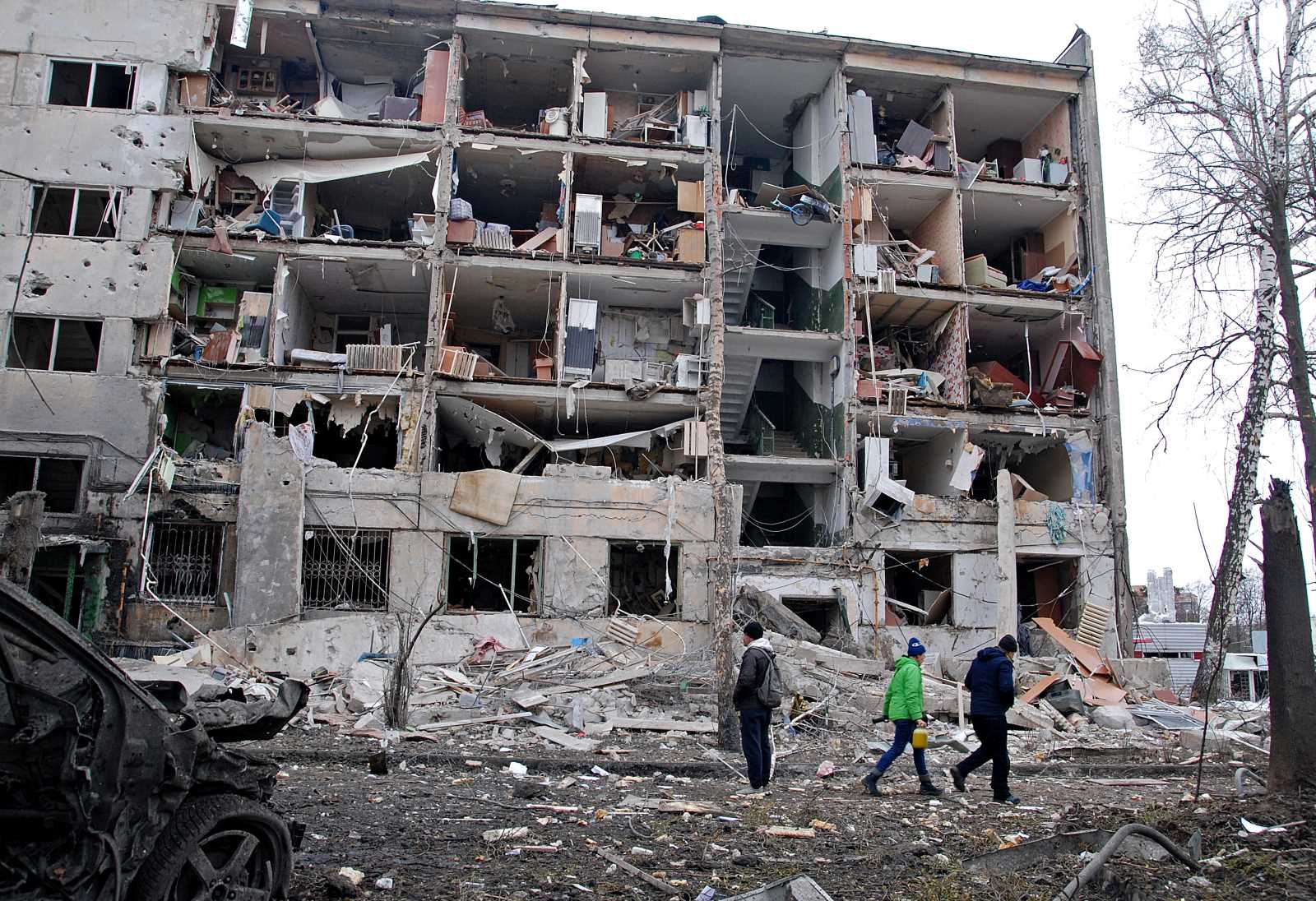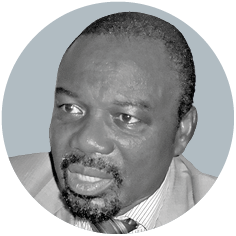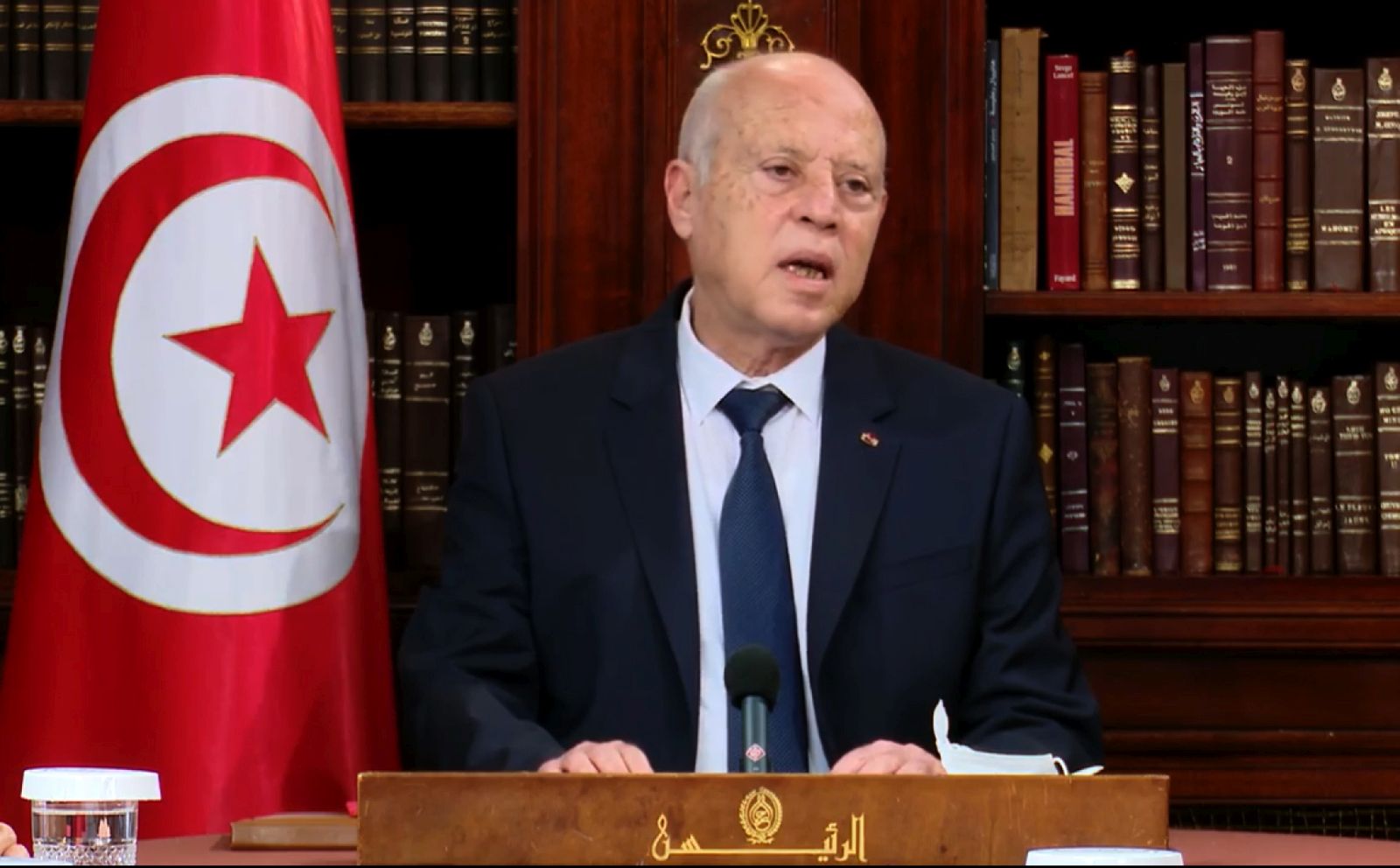Bolivia
Bridging divides in Bolivia

Camps are currently divided over the question of whether Morales committed electoral fraud or was the victim of a coup. The present government led by Luis Arce of the Morales party Movement for Socialism (Movimiento al Socialismo – MAS) shows little appetite for reconciliation and dialogue. It is making an all-out effort to impose its view that a coup took place. Numerous judicial proceedings have been launched against members of the opposition and transitional government for involvement in the “golpe de Estado 2019”. Since the judiciary follows the government’s political line, observers do not expect the trials to be fair and independent.
Conversely, radical positions are also adopted in the opposition, for example by Santa Cruz’ Governor Luis Fernando Camacho and the civic committees (Comités Civicos) of Santa Cruz and Potosí. The latter’s street protests are frequently violent. Recently, President Arce had to revoke a law against tax evasion and money laundering because of violent demonstrations by informal traders and civic committees.
Cross-party dialogue is difficult under such conditions. The German political foundations in Bolivia – Friedrich Ebert Foundation and Konrad Adenauer Foundation – have therefore teamed up with the UN mission and the German embassy to launch a dialogue process that includes all political camps. The aim is to shift the focus away from differences and towards finding solutions to the challenges that society as a whole is facing. The project is funded by the German Federal Foreign Office.
Susanne Stollreiter is a policy officer for Bolivia and Peru in the Latin America and Caribbean Department of the Friedrich-Ebert-Stiftung in Berlin.
susanne.stollreiter@fes.de












